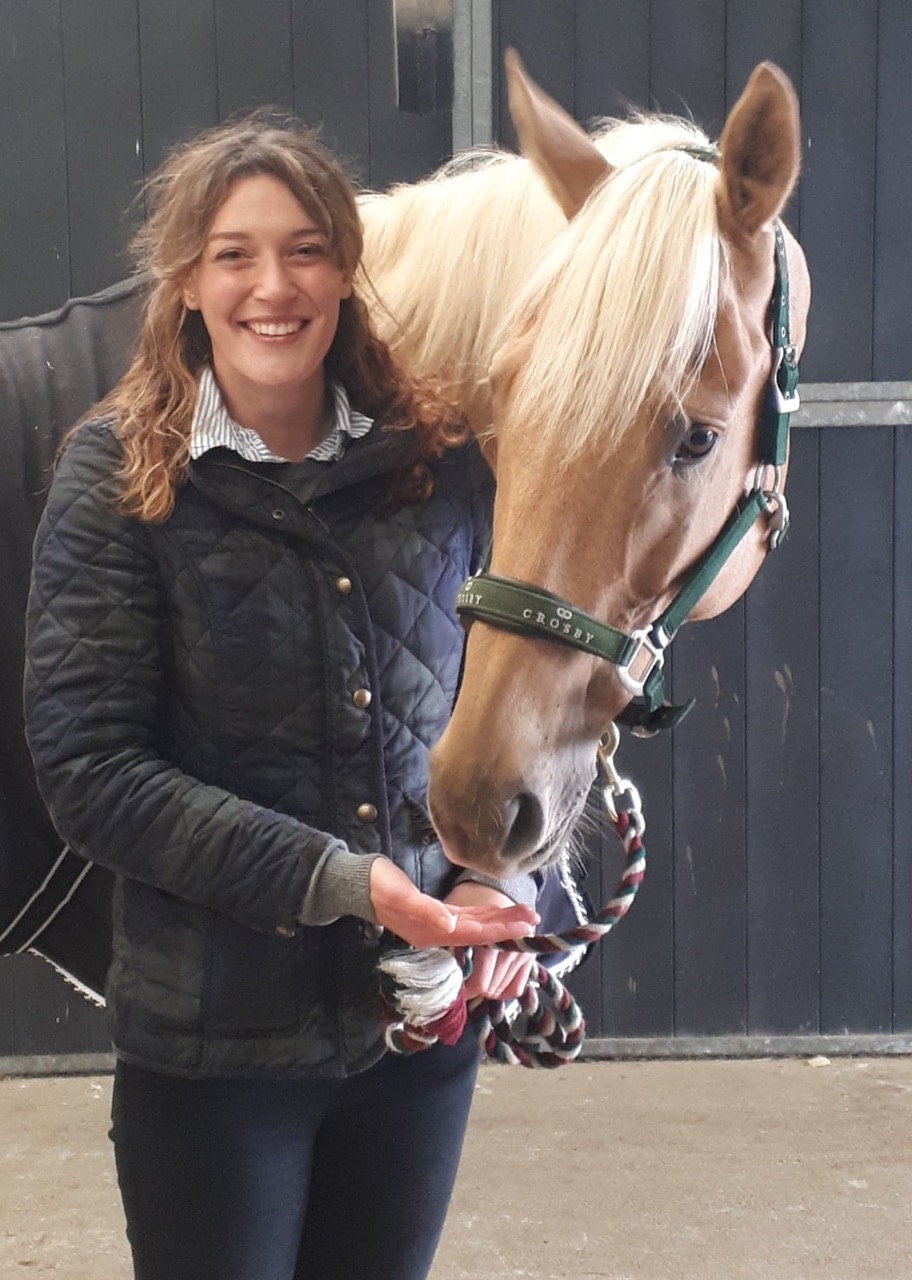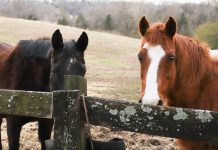SPILLERS™, via the brand’s science arm THE WALTHAM™ Equine Studies Group, is assisting with funding a PhD student to support research into evidence-based biomarkers to help identify animals at risk of developing pasture-associated laminitis. Ultimately the researchers hope the work will improve animal welfare by allowing for timely preventative interventions.
Ashley Ward, who was appointed on 1 October 2019, will be working with Dr Philippa Morrison and Professor Caroline Argo, from Scotland’s Rural College (SRUC) in conjunction with WALTHAM and the Rowett Institute (University of Aberdeen).
Prior to completing a degree in Biomedical Science, Ashley worked in the equestrian and veterinary industries. Involvement in the care and management of horses suffering from acute and chronic laminitis at the University of Glasgow’s Weipers Centre Equine Hospital, developed her interest in the study of this debilitating disease.
The PhD project, which runs over three and a half years will build on existing work on the equine gut microbiome (the mixture of microorganisms [such as bacteria and fungi] that live along the intestinal tract and are essential for the health and well-being of horses but may also be involved in certain diseases and unwanted conditions such as laminitis). It has an overall aim to try and identify novel faecal microbiome patterns or urinary molecules (ie biomarkers) that could be used to predict a case of pasture-associated laminitis (PAL).
To date, research, much carried out by SPILLERS via WALTHAM’s collaborators, has shown associations between some blood markers such as adiponectin, basal insulin, and insulin post-dexamethasone or oral glucose administration, and laminitis risk. Data from the current study will build on this knowledge by evaluating aspects of different metabolic systems, which will provide novel information in this area of research.
Clare Barfoot RNutr, the Research and Development Manager at SPILLERS said: “We are excited about Ashley’s appointment to help progress this new project. We hope it will improve our understanding of changes in the gut microbiome/urinary metabolome associated with pasture-associated laminitis and identify potential novel ways to intervene in its development.”
Ashley added: “I am thrilled to be part of this project, which will allow me to utilise my laboratory experience, develop my skills in postgraduate research and, ultimately, produce work which will supplement our current understanding of laminitis. I am passionate about working to improve the outcome for horses and ponies that are likely to develop laminitis.”
To learn more about SPILLERS’ important research work visit www.spillers-feeds.com/blog/











